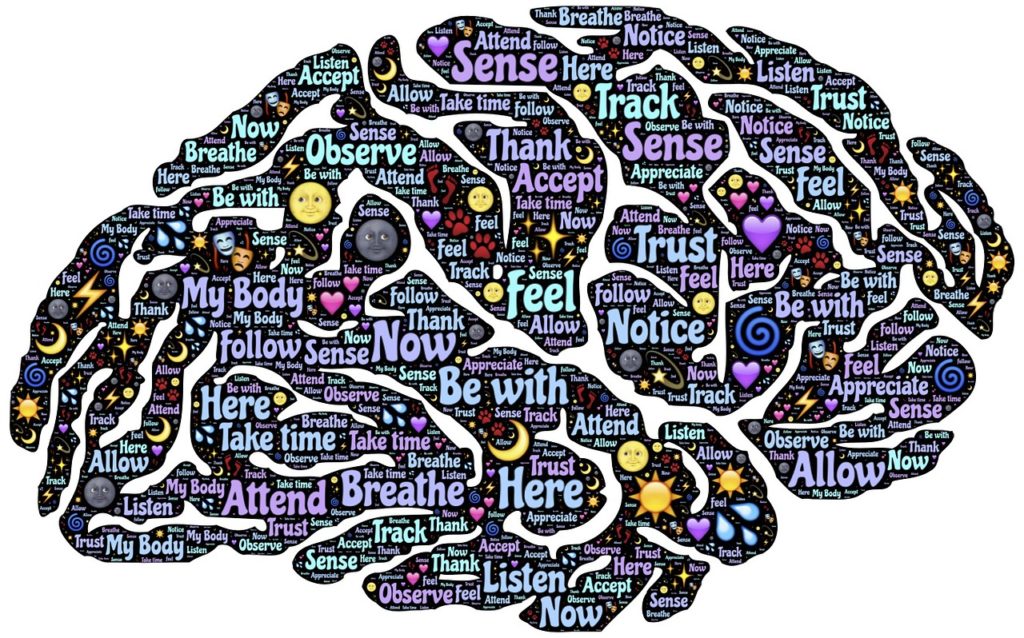ERM* - Self-Justification
Self-justification (SJ) is that “thinking” one engages to 1) protect one’s ego (ie, when one is threatened or criticized or “might have” done something wrong), and 2) reconcile cognitive dissonance (i.e., holding or having conflicted thoughts or feelings). It is something our Inner Lawyer performs because, well, we have to live with ourselves and feeling conflicted, guilty, ashamed, inadequate, or irresponsible is not pleasant; it is in fact uncomfortable, often painful, even potentially excruciating.
We all “do it” and we do it a lot. For example, one likes to smoke but knows the health risks, or that others disapprove; or one loses at a game you “should have” won; or one has been unfairly criticized; or one has been fairly criticized; or one feels envious of another’s success; or, you “may have” done something wrong; or, you may have been “misunderstood; or…
SJ involves both rational (ie, truthful, logical) and irrational (ie, erroneous, delusional) thinking; and while it results to great benefit in some measure of acceptable “reconciliation” (ie, we feel better, we can live with ourself, and we can get to sleep at night), it may also be quite harmful, even – eventually, potentially – disastrous.
______
A short but informative read on SJ is here; and a highly recommend read is:
Mistakes Were Made (But Not By Me) by Tavris and Aronson, 2018
And, the following website provides a wonderful presentation of SJ’s pros and cons, especially the dangers that SJ can result in:

